Biography
Hannah Seabrook is a PhD student at the University of Bristol. Her research lies at the interface of quantum foundations and quantum technologies, with particular interest in applying concepts such as indefinite causality and device independence to practical contexts. One of her current research directions focuses on how foundational insights can inform the design of noise-resilient QKD schemes by connecting theoretical developments with practical implementation challenges. She previously completed a research internship at the Max Planck Institute for Quantum Optics and received her BA and MSci in Natural Sciences from the University of Cambridge in 2022.
Abstract
Quantum key distribution (QKD) offers a theoretically secure method to share secret keys, yet practical implementations face challenges due to noise and loss over long-distance channels. Traditional QKD protocols require extensive noise compensation, hindering their industrial scalability and lowering the achievable key rates. Alternative protocols encode logical qubits in noise-resilient states, but at the cost of using many physical qubits, increasing susceptibility to loss and limiting transmission distance. In this talk, I will introduce a logical qubit encoding that uses antisymmetric Bell-states in the continuous photonic degrees of freedom, frequency and time. By leveraging the continuous space, I will show how we overcome this noise-loss robustness trade-off by minimising the number of photons per logical qubit, whilst optimising the encoding resilience over noise fluctuations. I will analyse the security of our encoding and demonstrate its robustness compared to existing state-of-the-art protocols. This approach provides a path towards scalable, efficient QKD implementations under realistic noise conditions.

